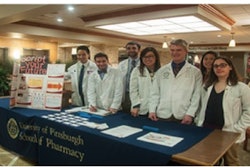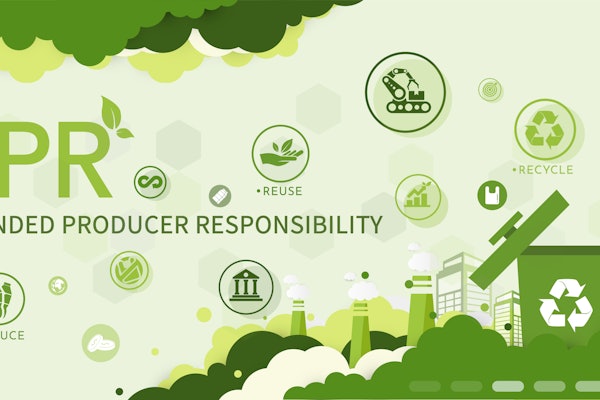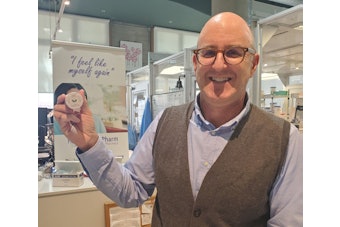This content was written and submitted by the supplier. It has only been modified to comply with this publication’s space and style.
“Packaging and the processing technologies upstream of it are among Italy’s top industries,” says Guido Corbella, CEO of Ipack-Ima. “Supply chain companies generate business for over € 40 billion, export an average of more than three-fourths of total production and employ 150 thousand people. Three years ago employees numbered 143 thousand, showing that in spite of the crisis the supply chain thrives and generates employment. It is here, in instrumental mechanics, that the future of the country is played out. We need more technicians, more engineers. We need to cultivate technological excellence, but to do this we need to invest in education and adequate job contracts”.
With this statement – a “provocation” taken up by the minister of employment Giuliano Poletti, who reinforced the importance of permanent employment contracts to plan one’s professional growth – today at Fiera Milano Corbella opened the 23rd edition of the processing and packaging exhibition Ipack-Ima – a global colossus, this year strengthened by three brand new ‘vertical’ shows showcasing fresh food processing. These include Meat-Tech for meat; Dairytech for dairy products; and Fruit Innovation for fruit and vegetables. They are joined by Converflex (package printing and labelling) and Intralogistica Italia (material handling). A total of no less than 2000 exhibiting companies, one-third of which from outside of Italy, spread over 160 thousand square meters and 11 halls at Fiera Milano. A unique event in structure with a wide international scope, both for the participation of international exhibitors and for the 500 buyer delegations expected (270 of which organized in cooperation with the Ministry of Economic development and ICE – the Italian agency for foreign trade).
Ipack-Ima’s inaugural ceremony also provided the chance for a broader reflection on the packaging of the future, outlined by Carlo Ratti (curator of the Future Food District of the Expo 2015) as well as, among the several speakers present at the event, by Marco Pedroni, president of Coop Italia and Ipack-Ima 2015. In a not very distant future – says Ratti – just by reaching out for a product special screens will display complete, immediately readable, clear information on that product’s origin, history, processing stages, environmental and nutritional characteristics and mode of use. The old label will remain, but it will be joined by an additional, more complete virtual one. It’s the union of the physical and digital world, which makes it possible to become aware consumers and shop more consciously, says Ratti. And that’s not all. To Pedroni, it also means producing better. High-pressure technology capable of extending products’ best before dates without using preservatives or high temperatures is already being tested today, with Italy at the forefront of research. Applying a pressure six times greater than the one at the bottom of the Marianas Trench kills bacteria but not enzymes. The result? It makes pesto better, healthier and easier to export.
The same center studying high pressures – the Parma Experimental Station of Preserves – is also researching ways to produce packaging from agricultural products to package those same products: from tomato peels they developed an eco-friendly paint to coat the interior of peeled tomato, tomato sauce and puree cans. That is, tomatoes contribute to their own packaging.
The future of packaging also includes greater attention to the environment: lightweight packaging saving plastic, paper, metal and glass; recyclable; biodegradable; optimizing space management by eliminating empty spaces; helping consumers dose products correctly and reseal packages preventing waste.
In short, smart packaging interacting with products and with consumers. For five days, Ipack-Ima and its vertical exhibitions will be at the heart of the business for professionals dealing with processing and packaging technology. It will also be a unique opportunity to reflect on the epoch-making changes that lie ahead. And be ready in time.
>> For more information, click here





















